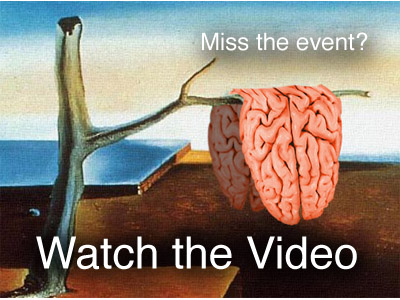By Justin Wm. Moyer | The Washington Post | November 9, 2015
Since last week, sometime Republican presidential front-runner Ben Carson has been battling stories about his stories of his dark past. In a 1990 memoir and in many speeches since, he claimed he was a violent youth; that he had tried to hit his mother with a hammer; that he had tried to stab a classmate at 14; that he had punched another with a lock in his hand. The problem: CNN went looking for people who could confirm these tales of schoolyard fisticuffs or worse, and the network couldn’t find any.
“We went out to find these people in Detroit,” CNN’s Maeve Reston said. “We went through the yearbooks. We called many of his classmates. We found his close friends through every period of his life. And the person that he describes in these anecdotes on the campaign trail as leading up to this religious epiphany that he had cannot remember any episodes of violence involving Dr. Carson.”
It turned out Carson had used pseudonyms for his victims and, though he said he was still in touch with at least one of them, wouldn’t make them available. It was a question of privacy, he said — even after a flawed Politico story about Carson’s alleged “full scholarship” to West Point raised more questions about his memory. Over the weekend, Carson suggested that the media find another tale to tell.
“It’s time to really move on,” he said on “Meet the Press.” “It’s not time to spend every single day talking about something that happened 50 years ago.”
But Carson’s memory problems are not unique to the pediatric neurosurgeon. They are shared by at least one of his rivals for the presidential nomination; they are shared by countless memoirists and witnesses to crimes; indeed, they are shared by anyone who remembers anything. For study after study shows that our memories deceive us, even when we insist they do not. Continue reading »


 This September, a
This September, a 

